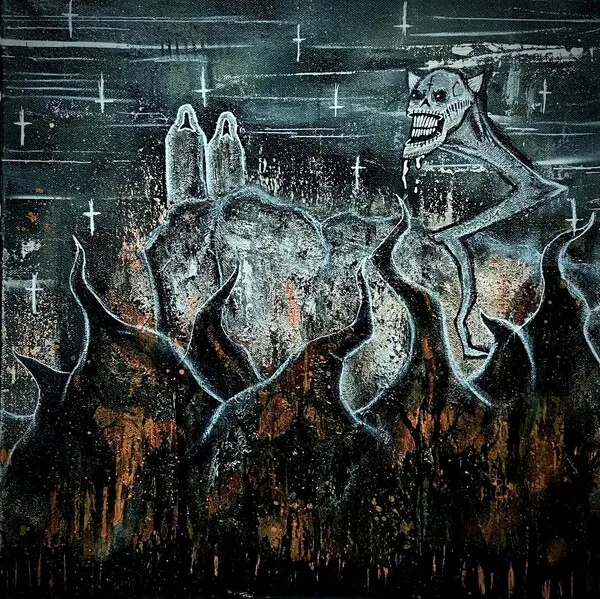 “The title of the album, Freddie’s Inferno, is a reference to Dante’s Inferno, a poem written by Dante Alighieri in the 1300s which describes the journey through hell. The tracklist also mirrors the poem as each track is named after a circle of hell.” —Genius
“The title of the album, Freddie’s Inferno, is a reference to Dante’s Inferno, a poem written by Dante Alighieri in the 1300s which describes the journey through hell. The tracklist also mirrors the poem as each track is named after a circle of hell.” —Genius
Freddie Dredd’s songs in this album share the same names as many of the sins present in Dante’s Inferno.
“Comin’ from the underworldMy body holds a demonHeard you screamin’ for a breakI don’t think anyone could takeI’m a beast, I’m a foe, I’m the one you saw beforeDon’t be greedy with your life” –Freddie Dredd, “Greed”
Contributed by Nova Anastasia, Florida State University ’27




